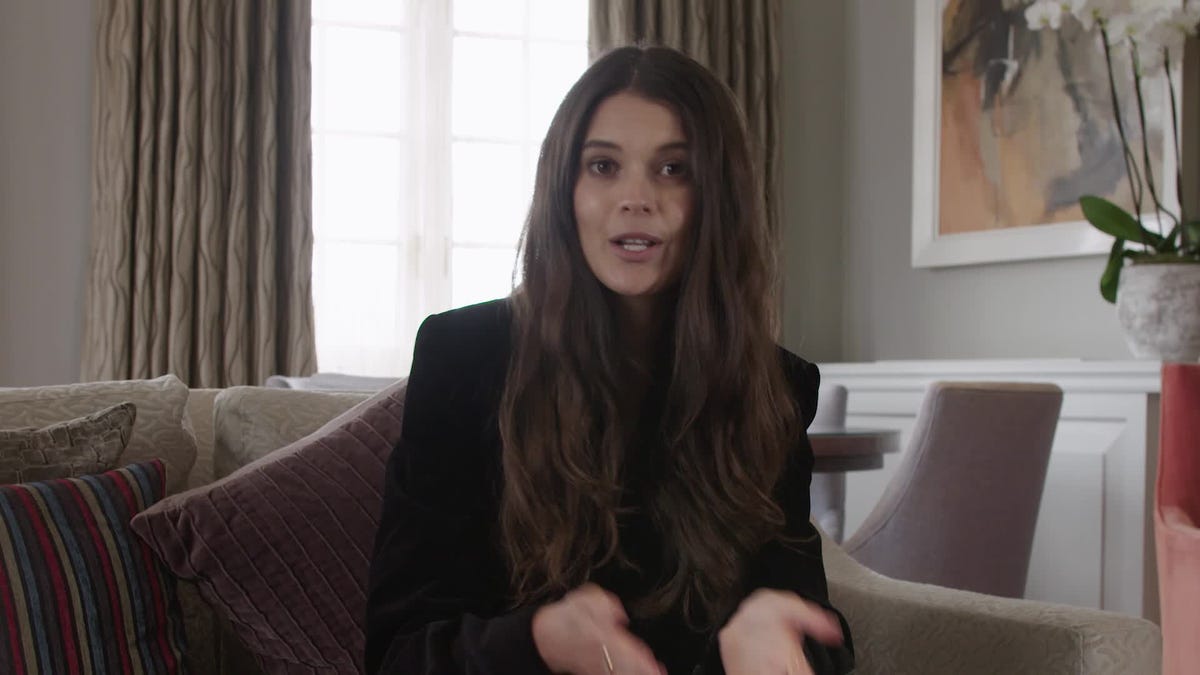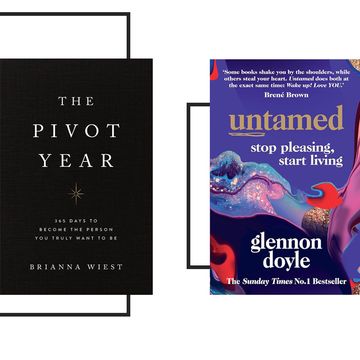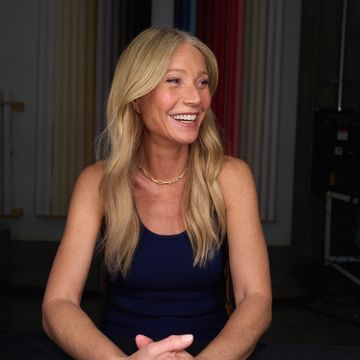Disappointment is difficult to stomach. But as Covid-19 wreaks havoc upon our health, economy and daily lives, we are all being forced to welcome this unwieldy emotional gatecrasher into our homes.
Disappointment is a complex emotion, described by psychologist Dr Tara Well in the US journal Psychology Today as “the painful gap between our expectations and reality”. Our tolerance for disappointment differs, but it often reveals itself through tears, irritability or a short temper. It can breed pessimism and sometimes lead to depression.
Currently, many of us are feeling guilty for having a wobble over cancelled plans - from weddings and birthday parties to holidays and festivals.
What right do we have to feel disappointed, when thousands of people are in intensive care or losing loved ones, exhausted NHS staff are fighting on the frontline and business owners are facing the devastation of their livelihoods?
Don’t gaslight yourself
Katerina Georgiou, a counsellor and psychotherapist working in north London, insists that we have every right.
“You feel how you feel,” she says. “If you’re sad, you’re sad. If you’re angry, you’re angry. If somebody had a nosebleed, you wouldn’t tell them off for it on account of the fact that your neighbour has asthma; you would simply attend to the nosebleed. By telling yourself that it’s wrong to feel disappointed, you are gaslighting yourself.”
Learn the power of 'and'
To assuage that familiar feeling of guilt, Georgiou suggests replacing the word ‘but’ with the word ‘and’. For example, instead of telling yourself, “I feel disappointed but others feel the same or worse”, you would say, “I feel disappointed and others feel the same or worse.”
“This subtle change in your internal dialogue validates both positions, rather than one winning out over the other,” she says. “There is space for both. If you’re still feeling guilty about being disappointed, tell somebody that’s what you’re feeling. Chances are, they feel the same and you can share comfort in knowing you aren’t alone.”
Don’t ignore your feelings
The expectation to adopt the British stiff upper lip and display emotional self-restraint in the face of adversity can weigh heavy. The wartime attitude of ‘keep calm and carry on’ has its place in a crisis, such as when clear-headedness to make key decisions is called for, but burying your emotions risks long-term psychological damage.
“There is a difference between processing and ignoring your feelings,” says Georgiou. “Processing your feelings enables you to acknowledge what you’re feeling and work through it to a productive end. Ignoring your feelings simply dismisses that they are there in the first place and that isn’t growthful in the long run.”
Take the time to process
So, how do you process disappointment? Firstly, call it by its name. Say, “I am disappointed”, if only to yourself. Voicing your feelings can help to make sense of them.
Next, allow yourself to feel disappointed without any expectation of changing that feeling.
“We are in the midst of a pandemic. Of course, you’re going to feel things, so let yourself feel them without judgement,” says Georgiou, who recommends writing as a form of therapy.
“Remember the power of pen and paper. We are currently creating history. We can journal our experiences as a way of processing them and documenting this moment in time for future generations.”
Take positive action
Once you have accepted your disappointment, choose what you wish to do with it. Rather than cancel that holiday of a lifetime, could you postpone it to 2021 so you still have something to look forward to? Could you organise a Zoom call with that group of friends you’ve been struggling to nail down, in place of the reunion dinner you’d had in your diary for months?
“Some people may find it helpful to frame their disappointment within the wider context of the world and write down what they’re grateful for,” says Georgiou, who also recommends finding a relaxing hobby to escape into that will help you ground yourself in the present moment.
Resist toxic positivity
Social media is awash with ‘inspirational’ memes, making it easy to feel that relentless positivity is demanded and expected of us, sometimes to a toxic degree. Taking a break from your favourite social platforms can help, but what if it’s a well-meaning friend or family member who rushes straight into ‘at least…’ or ‘it could be worse…’ as soon as you share your disappointment?
“Some people welcome this ‘silver lining’ approach but if you find it unhelpfully dismissive, remember the power of ‘and’,” says Georgiou. “Kindly but firmly remind them, ‘It could be so much worse and I feel disappointed’. Bring the conversation back to you - and remember to do that for others. When friends tell you how they feel, listen. Don’t rush to find solutions.
“The healthiest way to move forward from coronavirus-related disappointment is to acknowledge that we’re all in this together, rather than debating a hierarchy of who has it worse and belittling each other’s losses.”
The famous 19th-century philosopher Henry David Thoreau once said, “If we will be quiet and ready enough, we shall find compensation in every disappointment.”
There may be some truth in this prime Instagram fodder, but there’s nothing wrong with allowing yourself to drop the brave face and to let it all out before digging deep.
It might even be good for you.
In need of some at-home inspiration? Sign up to our free weekly newsletter for skincare and self-care, the latest cultural hits to read and download, and the little luxuries that make staying in so much more satisfying.













